Search Results for: Bears
Skip to resultsCan’t find what you’re looking for? Visit our FAQ page.
6,899 results for: Bears
-
 Earth
EarthBefore ancient Egyptians, nature sculpted sphinxes. Here’s how
Steady winds can carve landforms called yardangs — thought to have inspired the Great Sphinx of Gaza — from featureless blobs, a new study suggests.
By Elise Cutts -
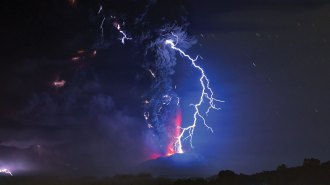 Earth
EarthHere are some big-if-true scientific claims that made headlines in 2023
Hominid cannibalism, “dark stars,” the secrets of Earth’s core and more tantalizing findings will require more evidence before scientists can confirm them as fact.
-
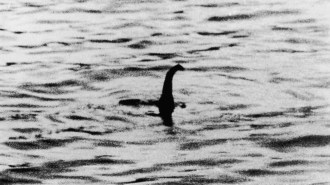 Animals
AnimalsSeen Bigfoot or the Loch Ness Monster? Data suggest the odds are low
Floe Foxon is a data scientist by day. But in his free time, he applies his skills to astronomy, cryptology and sightings of mythical creatures.
By Meghan Rosen -
 Plants
PlantsThe first citrus fruits may have come from southern China
An in-depth look at the orange family tree shows the oldest Citrus ancestors arrived in Asia on the Indian tectonic plate over 25 million years ago.
-
 Earth
EarthTo form pink diamonds, build and destroy a supercontinent
The Argyle deposit in Australia formed about 1.3 billion years ago, a study shows, along a rift zone that sundered the supercontinent Nuna.
By Nikk Ogasa -
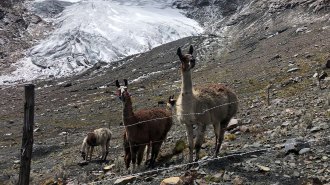 Animals
AnimalsAt the foot of a melting glacier in Peru, llamas helped revitalize the land
A partnership between scientists and farmers suggests how llama herding can mitigate some of the impacts of climate change.
-
 Space
SpaceNASA’s first look at a sample from asteroid Bennu reveals life’s building blocks
Scientists have begun to analyze roughly 250 grams of Bennu, which could offer insight into solar system formation and life’s origins on Earth.
-
 Plants
PlantsBerkley Walker wants to revamp photosynthesis for a changing climate
Finding ways to make plants work better could help feed a growing population, especially as the planet warms.
By Aaron Brooks -
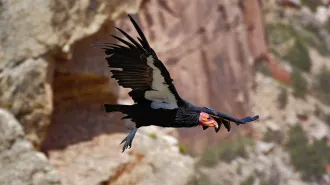 Life
LifeThe Endangered Species Act is turning 50. Has it succeeded?
After 50 years, this landmark law has kept many species alive — but few wild populations have recovered enough to come off the “endangered” list.
-
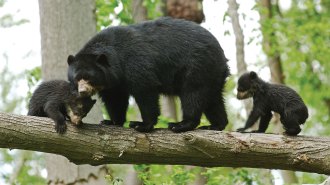 Animals
AnimalsExplore the past, present and future of ‘Eight Bears’
The book invites readers to meet the eight species of bears left on Earth and looks at how humans are shaping their future, for better or for worse.
By Jake Buehler -
 Space
SpaceThe James Webb telescope may have spotted stars powered by dark matter
Three objects in the distant universe bear signs of hypothesized “dark stars,” researchers claim, though others say more definitive data are needed.
By Skyler Ware -
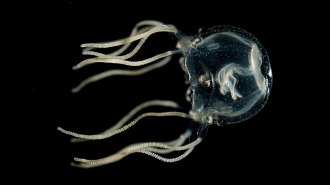 Animals
AnimalsThese brainless jellyfish use their eyes and bundles of nerves to learn
No brain? No problem for Caribbean box jellyfish. Their seemingly simple nervous systems can learn to avoid obstacles on sight, a study suggests.